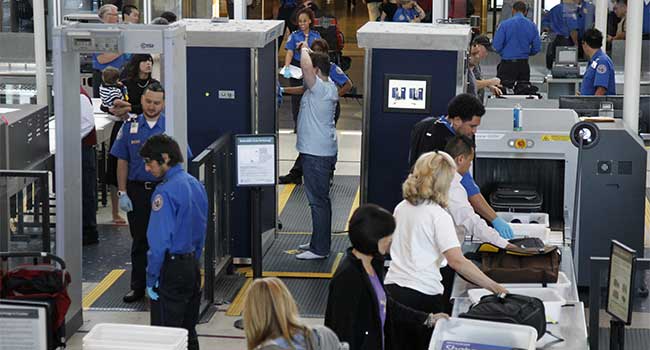
House Report Criticizes Security Gaps at Airports
A report written by the House Homeland Security Subcommittee says that the systems in place to vet the nearly one million people who work within U.S. airports are insufficient.
The report, obtained by CNN, found inconsistent screening of airport employees, insufficient TSA access to intelligence information used to vet individuals and inadequate control of access to sensitive areas of airports.
The report cited several headlines from media reports that covered times people with security clearances smuggled guns or drugs into airports, or were associated with militant groups like ISIS. It also highlighted a number of specific cases where the government said dozens of employees had incomplete records.
In addition to the reports summation of this “disturbing reality,” the report also referred to many previous government and media reports about shortcomings in airport security; most notably, the leaked government watchdog report that showed a 95 percent failure rate from covert texts of the TSA screening process. Almost all banned items made it through airport security in that report from 2015.
As a solution to these security issues, the subcommittee recommended tightening the process for granting airport workers credentials and instituting regular reassessments, as well as airports and air carriers look at the “costs and feasibility of expanding the physical screening of employees.”
They also called for airports to implement the FBI’s RAPBack program, a background check database that constantly monitors and updates employers on the criminal background of employees.
The report also repeatedly called for increased cooperation from the FBI, with the Department of Homeland Security leading the way, as different government organizations to monitor the nation’s airports. They believe the FBI has been slow to involve their agencies and said the FBI had not been “forthcoming” to the Homeland Security Committee.